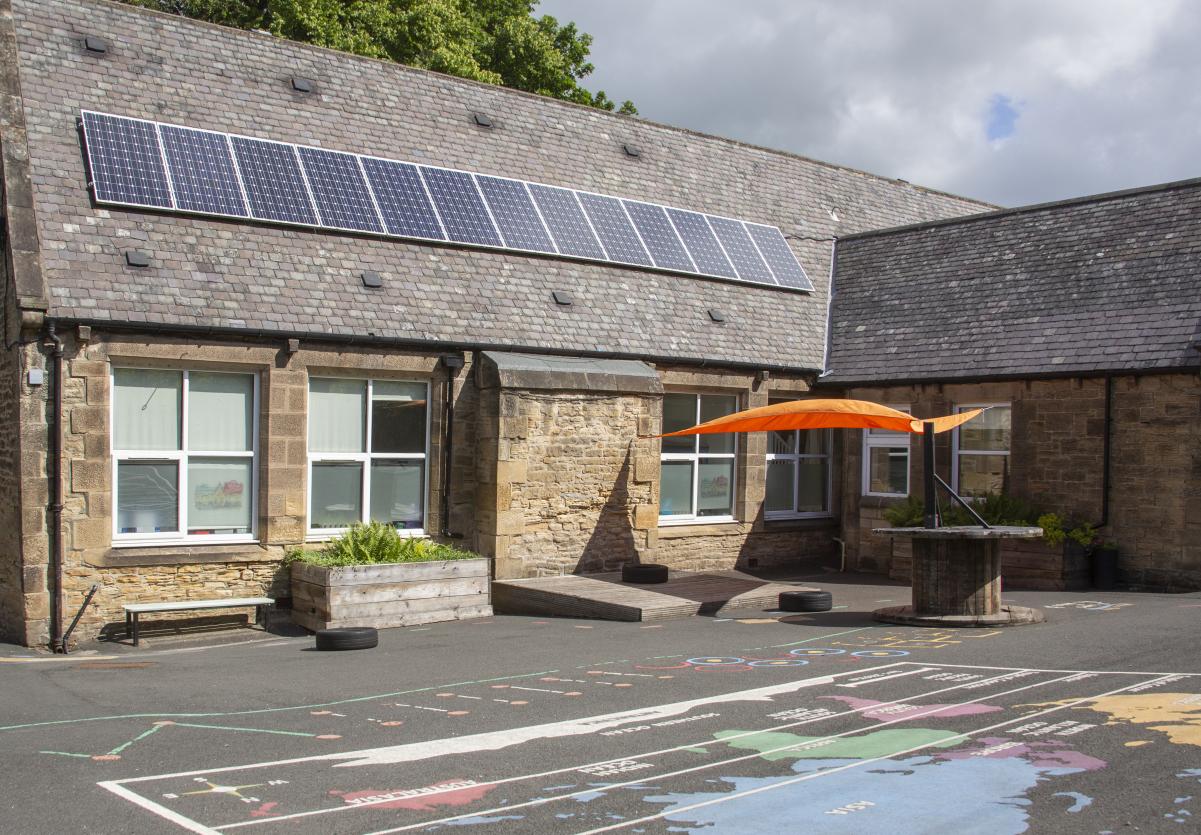Our aim is to ensure everyone has the best opportunities and reaches their full potential. We aim to develop independence, a love of learning and confidence to succeed.
About usHeadteacher’s welcome
On behalf of Mickley First School, I would like to extend a warm welcome to you. We are very proud of our wonderful school community and look forward to working with you on your child’s journey through our lovely school. We provide ourselves on being “A small school, with big ambitions”.Read more



